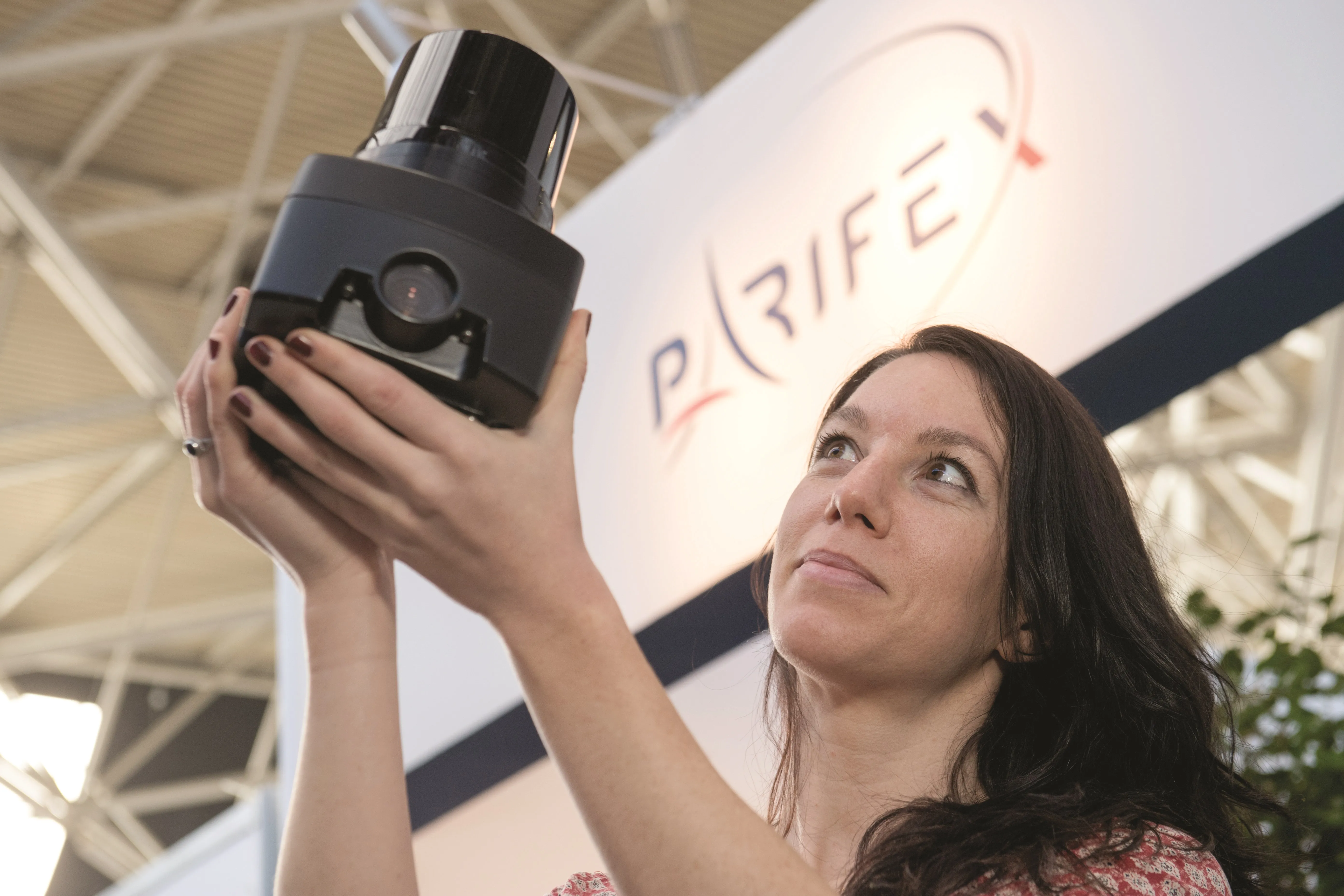
French road enforcement specialist Parifex is diversifying into new areas using the 3D-Lidar technology developed for its speed cameras such as the Vigie Mobile brand.
As well as creating a new division dedicated to smart cities, Parifex hired 10 more staff during the Covid-19 lockdown to its R&D team to bolster work in artificial intelligence (AI) and image processing.
“We noticed there were a lot of opportunities,” explains sales manager Nathalie Deguen in a lengthy interview with ITS International.
"We noticed that there could be some other application from speed enforcement: it could be used as a sensor for data collection, installed on existing infrastructure or on a tripod – like Vigie Mobile.”
Parifex found that clients themselves had ideas about what they could use it for: issues with parking, for instance, or to get more granular information on traffic management. The company invested more to try to offer solutions for these varied applications - it routinely puts 15% of its turnover into R&D.
Deguen continues: “Basically the start of our discussion was always to show what the system could do: ‘These are the advantages of the Lidar, this is what we can see, this is the kind of information we can collect, this is how the system could help you – do you need it for any specific reason?’”
Despite this, she insists that the Paris-based firm's core of enforcement products will remain.
"This is our business, historically; we have some great references, we are well known as experts in this field and I think this will help us to diversify: it's in its very early days but these activities are closely linked.”
In 2021 Parifex will deploy its new multi-violation urban radar system, Nomad, as part of the roll-out of a new contract.
Read the full interview in the September/October edition of ITS International










